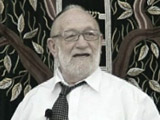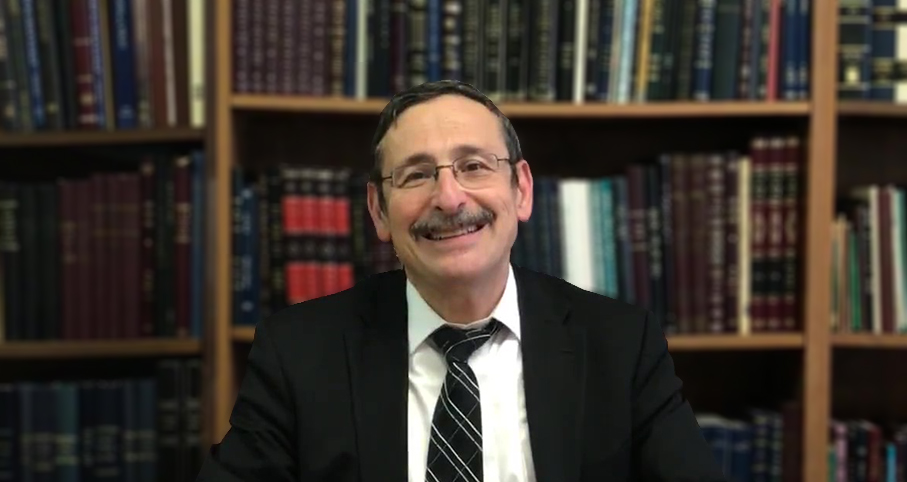- Sections
- Ein Ayah
424
Ein Ayah: Throughout the world, there are fundamental elements that hold back the Torah from being firmly entrenched with its full spiritual glow in those places. The dominion of the powers of nature and the life that is dependent upon them are the most powerful preventers of the Torah, which is the source of freedom and the storehouse of kindness, sanctity, and purity, from taking root fully.
However, from the outset, Hashem prepared a savior for the world, with the type of soul that prepared the whole land to discard the pollution of flesh and coarseness, and leave dependency on the powers of nature to reach the heights of divine freedom. Moshe was predestined with a nature that enabled him to accomplish this and be the source of goodness in the world. He was thus able to reveal the freedom of everything in the world to elevate itself to the level of the word of Hashem, which is the source of good fortune, justice, freedom, and grandeur. That is why Hashem told the Satan to find the Torah by Moshe.
The Satan, which represents evil, could not understand, with all its wisdom, the internal purity and special characteristics that put Moshe above the limiting rules of nature. How could Moshe rise above the lowness of evil that is connected to the animalistic tendencies of man? How could he break through the natural boundaries of physicality and human spirituality? How was he able to become divine to some internal extent and become able to connect the land with its rules to the life that flows from the good will of the Creator?
Evil cannot recognize a way for a man to be so special that he can hold the Torah in his soul and connect the storehouse of sanctity with the dwellers of the land. Therefore, the Satan asked in wonder: "Where is the Torah that Hashem gave you?" "How could the glow of Hashem’s ideals be within you, Moshe, and how could you bring it to the land?"
Moshe himself, though, was not able to see how unique and independent he was. It is true that he had a treasure of divine sanctity within him, which he could use to raise people from their low points to their divine origin. But viewing his greatness as not qualitatively unique was part of the characteristic of pure humility that was engrained in his nature, as a lofty soul with a special glow. Therefore, Moshe went along with the assumptions that the Satan had and declared that he too could not understand how the Torah could possibly be within him.

The Element of Hashem’s Name Needed for a Bracha
Various Rabbis | 5771

Perfection Near Leaders, Not of Leaders
Various Rabbis | Elul 6 5777

When Even Rav Kook Identifies a Jew as Evil
Ein Aya Shabbat 5,22
Rabbi Ari Shvat | Nissan 5783

Who Is an Am Ha’aretz?
Various Rabbis | 5771

Separating Challah
Rabbi Yirmiyohu Kaganoff | Sivan 17 5776

Parshat Shemini
The Mishkan: Dedication, Anticipation, and Crisis
Rabbi Hillel Geffen | Nisan 5761

Historical View of Rav Mordechai Yaakov Breish (Chelkat Yaakov)
Various Rabbis | 5775

Parshat Shemini
The Mishkan: Dedication, Anticipation, and Crisis
Rabbi Hillel Geffen | Nisan 5761

The Solution to 'Risky' Intellectual Topics
Ayn Aya, Shabbat v, 72
Rabbi Ari Shvat | Nisan 5785

Daf Yomi Makkot Daf 9
R' Eli Stefansky | 19 Nisan 5785

Daf Yomi Makkot Daf 7
R' Eli Stefansky | 17 Nisan 5785








